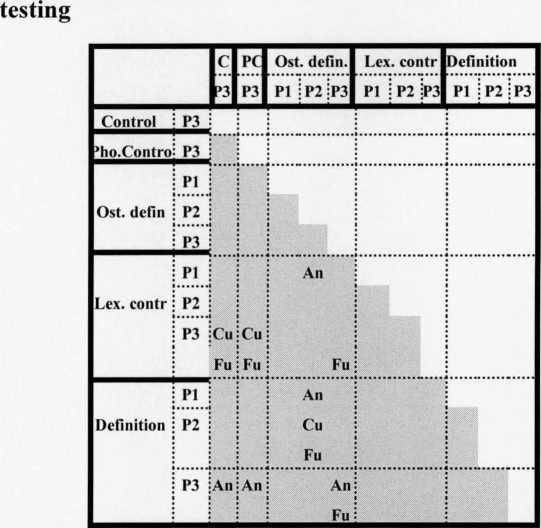Diagram 7.9 Significant group differences in the types of contrasts mentioned across

Abbreviations: C= Control; PC/ Phono-Co=Phonological control; Ostdefin-=Ostensive definition; Lex. contr. Lexical contrast; An=Animal
contrast; Cu=Cutlery contrast; Fumiture=Fumiture contrast
Concluding remarks for the Contrast task
► The analysis of the contrast task revealed that the Lexical contrast and Definition
groups provided more contrasts than the other groups during post test 2 and post test
3. However, no significant differences in the provision of contrasts were found over
time. Furthermore, no significant differences were found by children’s prior
knowledge of lexical items and semantic domain. Additionally, children with high
baseline naming vocabulary performed better than children with low baseline naming
vocabulary. Children’s performance did not differ by their comprehension
vocabulary.
► The children provided a variety of contrasts (animal, cutlery, furniture and other
contrasts). Provision of animal contrasts did not differ by group. On the other hand,
during post test 2 the Definition group provided more cutlery contrasts than the
Ostensive definition group. During post test 3, the Lexical contrast group provided
more cutlery contrasts than the Control and Phonological control groups.
Additionally, during post test 2 the Lexical contrast group provided more furniture
contrasts than the Control, the Phonological control and the Ostensive definition
263
More intriguing information
1. TOWARD CULTURAL ONCOLOGY: THE EVOLUTIONARY INFORMATION DYNAMICS OF CANCER2. The name is absent
3. Improving Business Cycle Forecasts’ Accuracy - What Can We Learn from Past Errors?
4. New Evidence on the Puzzles. Results from Agnostic Identification on Monetary Policy and Exchange Rates.
5. Keystone sector methodology:network analysis comparative study
6. Income Growth and Mobility of Rural Households in Kenya: Role of Education and Historical Patterns in Poverty Reduction
7. Fortschritte bei der Exportorientierung von Dienstleistungsunternehmen
8. Micro-strategies of Contextualization Cross-national Transfer of Socially Responsible Investment
9. Moffett and rhetoric
10. Three Strikes and You.re Out: Reply to Cooper and Willis